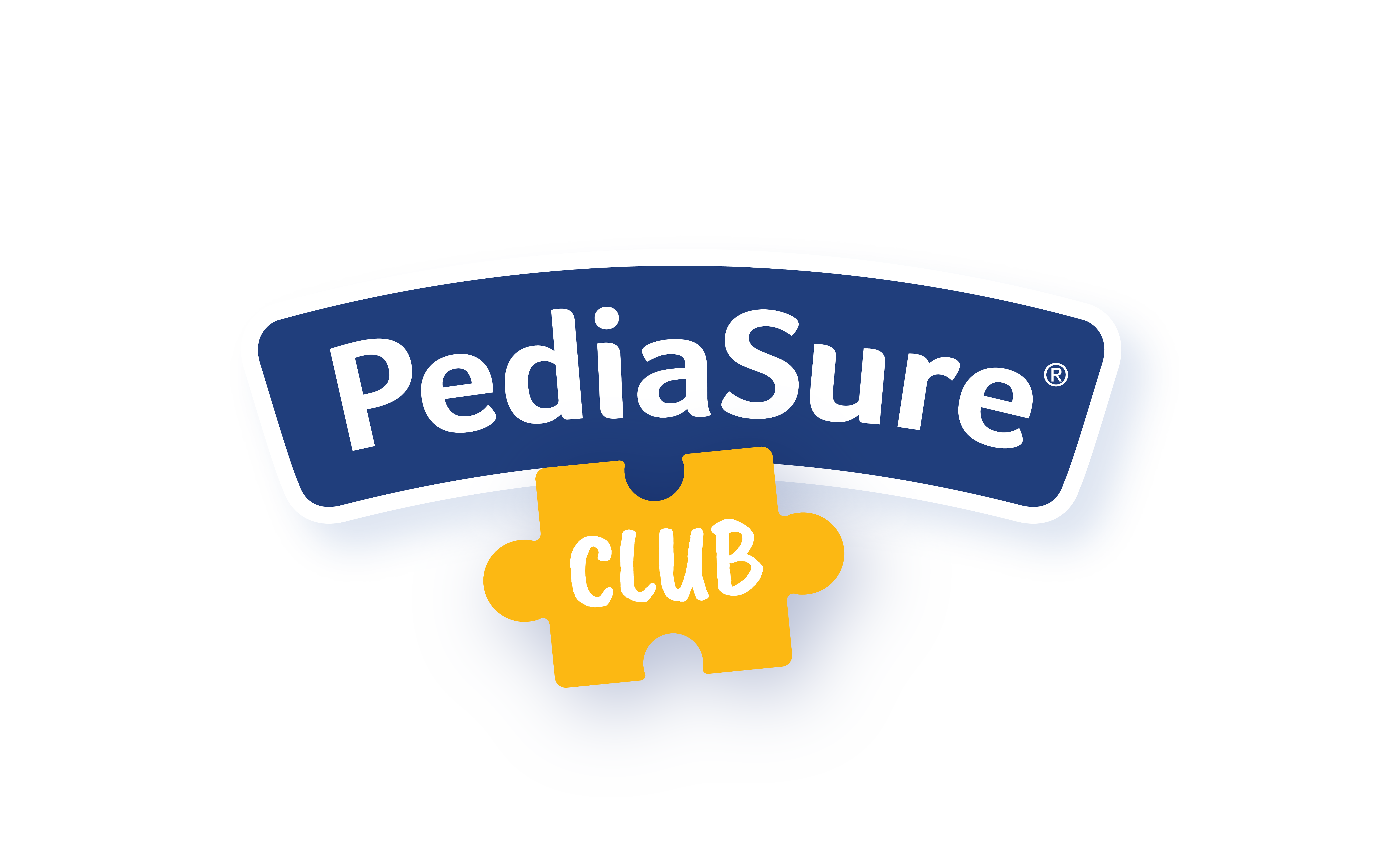JOIN THE CLUB!
Sign up to save up to $50‡ on PediaSure® and receive valuable tips and great-tasting recipe ideas.

‡ Offers may vary.
Sometimes a child’s difficulty eating and resulting weight loss are caused by a medical condition. Here are some medical conditions for which a nutritional supplement such as PediaSure Complete® may be recommended. Always consult with a pediatrician before introducing any nutritional supplement into your child’s diet.
Poor nutrition and a lack of a balanced diet can be medical consequences of ADHD. Children with ADHD may be difficult to feed due to the symptoms of their disorder. Additionally, some ADHD medications can cause a loss of appetite, which may result in weight loss. A nutritional supplement such as PediaSure Complete® may be recommended to improve the caloric and nutritional intake of children with ADHD.1
Delayed growth can arise from medical conditions that make it hard to absorb nutrients, lack of appetite due to medications, increased caloric needs due to physical or psychological stress, or a child is not eating properly. Health care professionals use growth charts to track your child’s weight and height over time. Marked changes in growth pattern can call for further evaluation by your child's pediatrician (see UNDERSTANDING GROWTH CHARTS).
When a child is underweight, the reason could be one of many and may not be cause for concern. The parents might be small in stature, so the child may not meet the average weight for his age. Your child might not be eating properly, or a medical condition could be causing lower than average weight gain. If you're unsure what the proper height and weight is for a child of a certain age, please consult your family doctor to determine if your child is on track with their growth and development. You and your doctor know your child best and can determine together if a problem needs to be addressed.
When kids get sick with a cold or the flu, they may not feel like eating. Stomach flu (gastroenteritis) symptoms in kids may include diarrhea and vomiting which may lead to an important loss of fluids and electrolytes. It is critical to keep kids well hydrated during acute colds and flus. Pedialyte® contains the recommended balance of sugar and sodium to help prevent mild to moderate dehydration.
Illness can also result in a decrease in appetite. During these times, children may not be eating enough to get the nutrients their bodies need. PediaSure Complete® contains key nutrients, such as protein, calcium and iron to help complement your child’s diet and provide complete, balanced nutrition.
Celiac disease involves sensitivity and intolerance to wheat, rye, barley, oats (contaminated with gluten from wheat, rye or barley), and other grain products. Common celiac disease symptoms are abdominal pain and indigestion. Celiac disease can also impair the absorption of essential nutrients. In children, that can prevent weight gain, resulting in poor growth. PediaSure Complete® is gluten-free, and provides complete, balanced nutrition clinically proven† to help kids grow.2
†Clinically shown to help children aged 3-4 grow out of at-risk weight percentiles in 8 weeks when given 2 servings/day in conjunction with dietary counselling. The Canadian formulation differs slightly from the PediaSure® used in the study.
Lactose intolerance is the inability to digest lactose, a natural sugar found in milk and dairy products. The only remedy is to remove or limit those products in the diet. In children, however, that means removing important sources of calcium, which is critical for developing strong bones and teeth. PediaSure Complete® is suitable for children with a lactose intolerance‡ and it can help provide the calcium that a lactose-intolerant child might be missing.
‡ Not for children with galactosemia.
REFERENCES:
Canadian ADHD Resource Alliance. (2020). Canadian ADHD Practice Guidelines. Retrieved from https://www.caddra.ca/download-guidelines.
Huynh DTT, Estorninos E, Capeding RZ, Oliver JS, Low YL, Rosales FJ. Longitudinal growth and health outcomes in nutritionally at-risk children who received long-term nutritional intervention. Journal of Human Nutrition & Dietetics 2015;28(6)623-35. doi:10.1111/jhn.12306.



